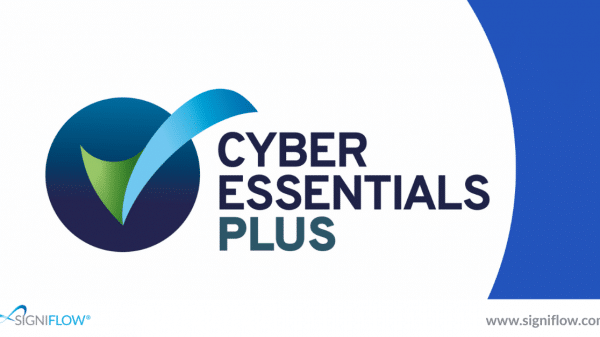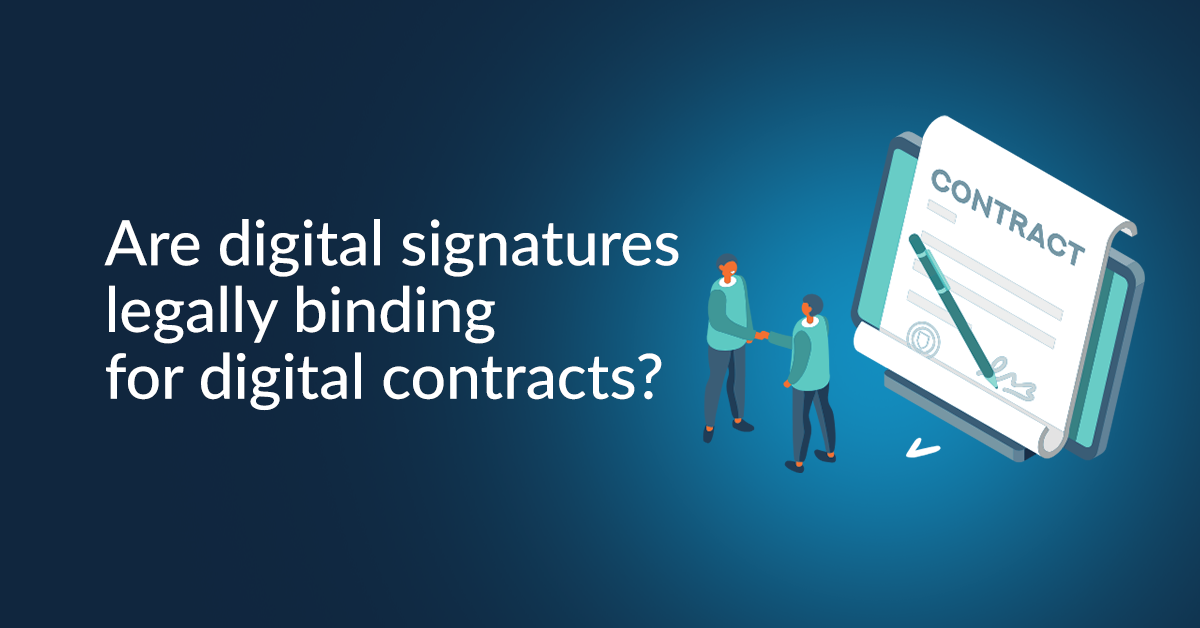Businesses move fast, and signing agreements on paper slows things down. That’s why many ask: Are digital signatures legally binding for digital contracts? Whether you’re approving sales agreements, vendor contracts, or legal paperwork, knowing if digital signatures are legally binding for digital contracts is essential.
With more businesses shifting to paperless workflows, it’s critical to ensure that digital signatures are legally binding for digital contracts and meet legal compliance standards. But what makes digital signatures legally binding for digital contracts, and how can you be sure they hold up in court? Let’s break it down.
What makes digital signatures legally binding for digital contracts?
For a digital signature to be legally binding and valid in a remote contract, it is vital that it meets specific criteria.
These include:
- Signer authentication
- Consent to use electronic signatures
- A secure audit trail
- Compliance with electronic signature laws
Countries worldwide have established regulations, such as the E-SIGN Act in the U.S. and eIDAS in the EU, ensuring that digital signatures are legally binding for digital contracts recognised by law.
The legal framework for ensuring digital signatures are legally binding for digital contracts
Different regions have established legal frameworks to ensure digital signatures are legally binding for digital contracts. In the United States, the E-SIGN Act and UETA grant electronic signatures the same legal status as handwritten ones. In Europe, eIDAS defines the standards for electronic and qualified digital signatures, reinforcing that digital signatures are legally binding for digital contracts across all EU member states. No matter the region, compliance with these regulations ensures that digital signatures remain legally binding for digital contracts and fully enforceable.
Security and compliance of digital signatures
Security is essential to ensuring digital signatures are legally binding for digital contracts. Advanced encryption, tamper-proof technology, and multi-factor authentication protect documents from fraud and unauthorised changes. The most secure solutions include a full audit trail, allowing businesses to verify authenticity and confirm that digital signatures remain legally binding for digital contracts. By meeting strict compliance standards, these measures ensure that digital signatures are legally binding for digital contracts and fully enforceable.
How to ensure your digital signatures are legally binding for digital contracts
When using digital signatures legally binding for digital contracts, selecting a secure and compliant platform is crucial. A legally recognised digital signature legally binding for digital contracts must capture the signer’s intent, ensure clear consent, and be linked to a verifiable identity. Choosing a solution that meets global compliance standards guarantees that digital signatures legally binding for digital contracts are fully enforceable in court.
The future of digital signatures
As businesses continue to digitise their processes, the demand for digital signatures that are legally binding for digital contracts will only grow. With evolving regulations and technological advancements, digital signing solutions will become more secure and universally accepted. Organisations that adopt legally compliant solutions now will be well-positioned for the future of remote business transactions.
Use a trusted solution for digital signatures to legally bind your digital contracts
If you need a secure and compliant way to apply digital signatures that are legally binding for digital contracts, it’s crucial to choose the right technology. SigniFlow provides a legally recognised, secure, and seamless signing solution that ensures your digital contracts hold legal weight worldwide.





























